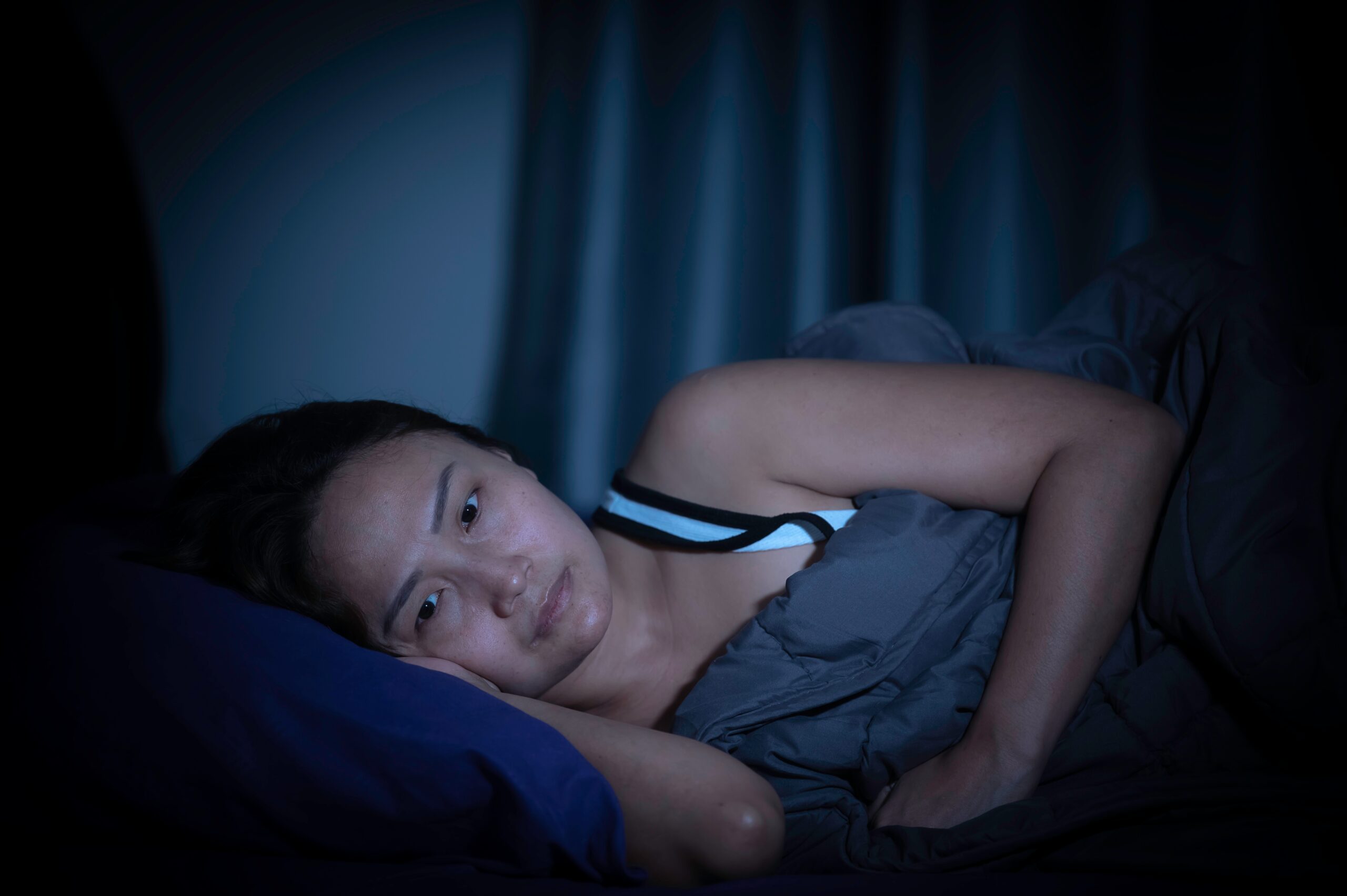If you are desperate for sleep but want to make an informed decision based on facts provided by a sleep expert, you’ve found the right source.
Dr. Michael Breus, PhD, clears the air on popular over-the-counter options, outlining the pros and cons.
First off, if you are struggling in your sleep life, scheduling an appointment with an expert is always recommended.
Dr. Breus’ approach with patients is to:
- Run blood work
- Find out what (if anything) they are deficient in
In his practice, he looks for deficiencies in Vitamin D, iron, and magnesium levels.
If a deficiency is identified, he focuses on “getting those up to par level” so the deficiency is no more.
His patients are then instructed to see how “the body operates for a couple weeks” after fixing the deficiency to “then decide if they need something else.”
Different supplements, approaches, and lifestyle modifications work better for some than others. Dedicating time and effort to getting to the bottom of your health condition is the real answer.
What has the most data behind it?
- Valerian
It is “an herb that is often marketed as a sleep aid.”* If purchasing dried valerian root (rather than capsule/tablet form), it can be brewed as a tea and sipped before bedtime.
While further research is needed, “Experts believe that it may stimulate natural chemicals in the brain that relax the mind and muscles”* and it is thought to last in the body for around 4 to 6 hours.
A mild benefit may occur for those who “need a bit of extra help falling asleep or improving their sleep quality.”*
What is one of the most over-used and unregulated supplements in the United States?
- Melatonin
“Melatonin is a hormone” that can be purchased over the counter in the United States and “believe it or not in most countries you cannot; it’s by prescription only,” said Breus.
“[Over the counter] melatonin has been banned for years in the United Kingdom, European Union, Japan, Australia, and most recently Canada.”**
Its impact on consumption is on “sleep regulation, not sleep initiation.”
“The appropriate dosage is between a half and 1.5 milligrams,” Breus said. “And you can’t find it in that dosage.”
This is startingly true. Upon a Google search, the first three bottles for sale were in: 3, 5, and 10 milligram strengths – just like Breus explained to me.
“10 milligrams is almost 10 times the recommended dose of Melatonin.”
There’s more that is vital for you to know. Melatonin now carries a cautionary red flag for me at this point.
“Melatonin should never be used in children under the age of 18.”
Breus explained that this is because “Kids make almost 4 times the amount of Melatonin than they actually require. It’s unnecessary” to give them more.
This results in an even bigger problem.
If your child struggles with sleep and you encourage them to take Melatonin, “now you have a kid who has a sleep problem and a pill problem, which is not the direction we want to go,” he said.
His favorite recommendation?
- L-theanine
Why?
It is a relaxing option that is not a sedative.
It is “an amino acid that is found in tea leaves,”* first discovered in 1949 by Japanese scientists.
“I like it because they can take it and it has a calming, focused approach,” Breus said.

Potential benefits include:
- Lowering of the “excitatory” brain chemicals
Thereby reducing the stress and anxiety an individual is experiencing
- Enhancing alpha brain waves
Known as the state of ‘wakeful relaxation’ when you meditate, daydream or are in a creative state – the “feel good” state
- Improving sleep
By promoting relaxation and helping you fall asleep easier and quicker at bedtime
Another familiar supplement?
- GABA
GABA is “an amino acid produced naturally in the brain.”* It facilitates communication among your brain cells. “Many medications interact with GABA and GABA receptors in the brain.”*
It’s always good to have honest communication with your doctor on what you are taking and what they recommend. Self-medicating is rarely the advisable answer.
“You probably don’t need it unless you’ve got a GABA deficiency, and that would likely require you to be having a pretty major neurologic health matter going on,” Breus said.
Healthy individuals, Breus said, have “plenty of GABA floating around in the brain,” without adding more to the mix.
His philosophy is “Let’s work with what the body gives us first, see if there’s a deficiency, fix said deficiency, and then we can start to add [supplements] on.”
Learning from an expert on what can help us sleep can improve our quality of life!
Dr. Michael Breus, PhD, is a clinical psychologist and both a diplomate of the American Board of Sleep Medicine and a fellow of the American Academy of Sleep Medicine.
*https://thesleepdoctor.com/
**Grigg-Damberger MM, Ianakieva D. Poor Quality Control of Over-the-Counter Melatonin: What They Say Is Often Not What You Get. J Clin Sleep Med. 2017 Feb 15;13(2):163-165. doi: 10.5664/jcsm.6434. PMID: 28095978; PMCID: PMC5263069.
This website does not provide medical advice. No material on this site is intended to be a substitute for professional medical advice, diagnosis or treatment. It is for informational purposes only. Always seek the advice of a medical professional or other qualified health care provider on any health matter or question.
